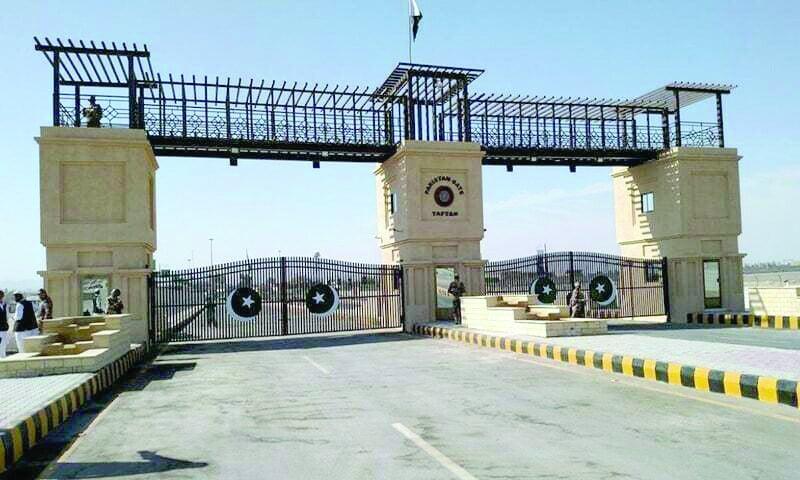Quetta:
In response to growing security concerns associated with escalating regional tensions, the Balochistani government has officially closed all border crossings with Iran in Gwadar and Panjgur districts and suspend both pedestrian and fuel transport so far.
The development comes when Foreign Minister Ishaq Dar confirmed that 450 Pakistani pilgrims were evacuated from Iran earlier today, with more to follow from neighboring countries as well as from Iraq.
According to official updates issued today by various Deputy Commissioners throughout the province, these measures are taken as a caution to protect public security in the midst of uncertainty that stems from the deteriorating situation in neighboring Iran.
A statement from the Gwadar Vice Commissioner Office confirmed the closure of GABD-Kalato 250 border corridor. “Following provincial directives, the GABD-Kalato junction has been sealed indefinitely. Citizens are encouraged to stay informed and contact local authorities for guidance,” the statement states.
Similarly, the Panjgur District Administration announced the suspension of all movement over the Iranian border routes, including the complete ban on fuel transport. Officials cited the potential for instability in Iran and the wider region as the primary motivation behind the move.
“The decision aims to prevent unforeseen events due to international tensions,” Panjgur DC said, stressing that public cooperation is crucial during this period. The declaration urged residents to avoid unnecessary journey and remain vigilant.
These limitations come as residents of Balochistan are already facing fuel deficiency and increase concern about regional security, especially in the light of recent geopolitical development involving Iran.
Meanwhile, in a post of X this afternoon, Foreign Minister and Deputy Prime Minister Ishaq Dar declared that the government took all the necessary steps to ensure security and welfare for Pakistani citizens.
On Friday, Israel launched an air offensive that targeted Iran to beat nuclear facilities and killed more commands and researchers.
The assault was described as an attempt to prevent Tehran from developing a nuclear weapon, a claim that Iran has repeatedly denied, and insisted that its uranium enrichment program is solely for civil use.



